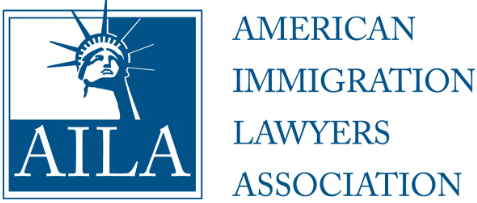Children of US citizens and Spouses of US citizens can file I-130 petitions on behalf of their relatives. This kind of filing requires proof of relationship and proof that the foreign national will not become a public charge to the Federal government.
Details:
The Form I-130, Petition for Alien Relative, is a U.S. Citizenship and Immigration Services (USCIS) form used to sponsor a family member for a family-based immigrant visa or green card. U.S. citizens and permanent residents (green card holders) can file Form I-130 to petition for certain eligible family members to come to the United States or adjust their status to permanent residency. Here are the key steps involved in I-130 filings for family members:
- Determine Eligibility:
- Before filing Form I-130, you must determine if you are eligible to sponsor the family member. Eligibility is based on your immigration status (U.S. citizen or green card holder) and your relationship to the family member.
- Identify the Appropriate Family Category:
- The I-130 form has different categories for sponsoring various family members. These categories include Immediate Relatives (spouses, unmarried children under 21, and parents of U.S. citizens) and Family Preference Categories (such as unmarried adult children of U.S. citizens or green card holders, married adult children of U.S. citizens, and siblings of U.S. citizens).
- Complete and File Form I-130:
- You, as the petitioner, must complete Form I-130, providing information about yourself, your family member, your relationship, and your immigration status.
- Include all required supporting documentation, such as a copy of your proof of U.S. citizenship or green card, birth certificates, marriage certificates, and any necessary translations and supporting affidavits.
- Pay the required filing fee or request a fee waiver if eligible.
- Mail the Petition:
- Mail the completed Form I-130, along with all supporting documents and the appropriate filing fee, to the USCIS lockbox address specified in the form’s instructions.
- USCIS Processing:
- USCIS will review the I-130 petition and may issue a Request for Evidence (RFE) if additional documentation or information is required.
- If the petition is approved, USCIS will send an approval notice and transfer the case to the National Visa Center (NVC) for further processing.
- Consular Processing or Adjustment of Status:
- The family member’s next steps will depend on their location and immigration status. If they are outside the U.S., they will generally go through consular processing. If they are in the U.S. and are eligible to adjust their status, they can file Form I-485 to become a permanent resident.
- Attend Interviews and Medical Examinations:
- Depending on the family member’s location and visa category, they may need to attend an interview at a U.S. embassy or consulate or a USCIS office. They will also need to undergo a medical examination.
- Visa Issuance or Adjustment of Status:
- If all requirements are met, the family member will be granted an immigrant visa or adjusted to permanent resident status.
Filing Form I-130 is the first step in sponsoring a family member for a green card. The process can be complex and may involve different steps, depending on the family member’s location and immigration status.

